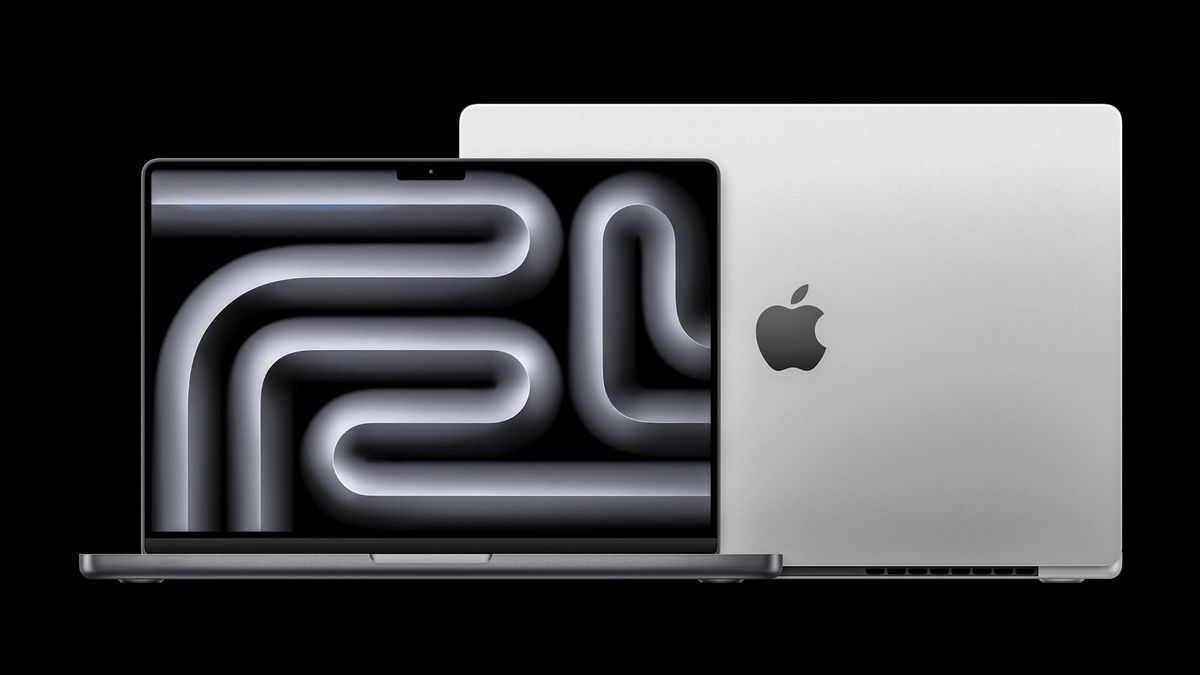For years, Apple fans have been requesting cellular connectivity as an optional upgrade for MacBooks to allow the laptops to stay connected when away from Wi-Fi. Given this has been a choice with iPads for years, it seems an odd omission.
Now, according to Bloomberg’s Mark Gurman, these fans could get their wish in the next two years. Why now? Because Apple will finally be debuting its own cellular modem in next year’s iPhone 17, meaning that the MacBook could benefit in the long run.
It’s not definitely happening, Gurman writes, with Apple only “investigating the idea of bringing cellular connectivity to the Mac for the first time”, but that seems to be far closer than the company has got before.
Even if it does get the go-ahead, it’s unlikely to be an option for 2025’s laptops. Gurman writes that Apple is unlikely to include cellular support before 2026, as it will wait for a “second-generation modem that includes support for faster speeds”.
Other Apple products may also benefit, Gurman writes, with future models of the Vision Pro headset also being considered, and the potential for it to be in the long-rumored AR Apple Glasses (though Gurman cautions that “such a device is years away”).
Too late to be necessary?
People have been wishing for cellular MacBooks for over a decade — here’s a piece from Daring Fireball speculating as to why we hadn’t seen one 11 years ago.
That long wait may finally be coming to an end, but by 2026 will anyone really be bothered?
It’s an obvious point, but we’re in a very different world from when calls for LTE MacBooks reached a fever pitch in the mid-2010s. If you live in a city or decently sized town, free Wi-Fi is everywhere, just waiting for you to connect to. Even if you don’t, mobile data is now cheap and plentiful, and Apple makes it ridiculously easy to set your iPhone up as a mobile hotspot to share its connectivity without any extra MacBook hardware required.
In theory, the idea of a MacBook that can connect to the internet without connecting to a shady Wi-Fi network, or needing to drain your phone battery seems appealing. But I suspect the appeal would quickly wear off when it’s revealed to be a paid upgrade — both at the time of purchase and as an ongoing data cost.
Still, more choice is good, and without the need to pay someone else to license the modem, there’s no reason for Apple not to test it and see if buyers are excited by it. Better late than never, after all.











